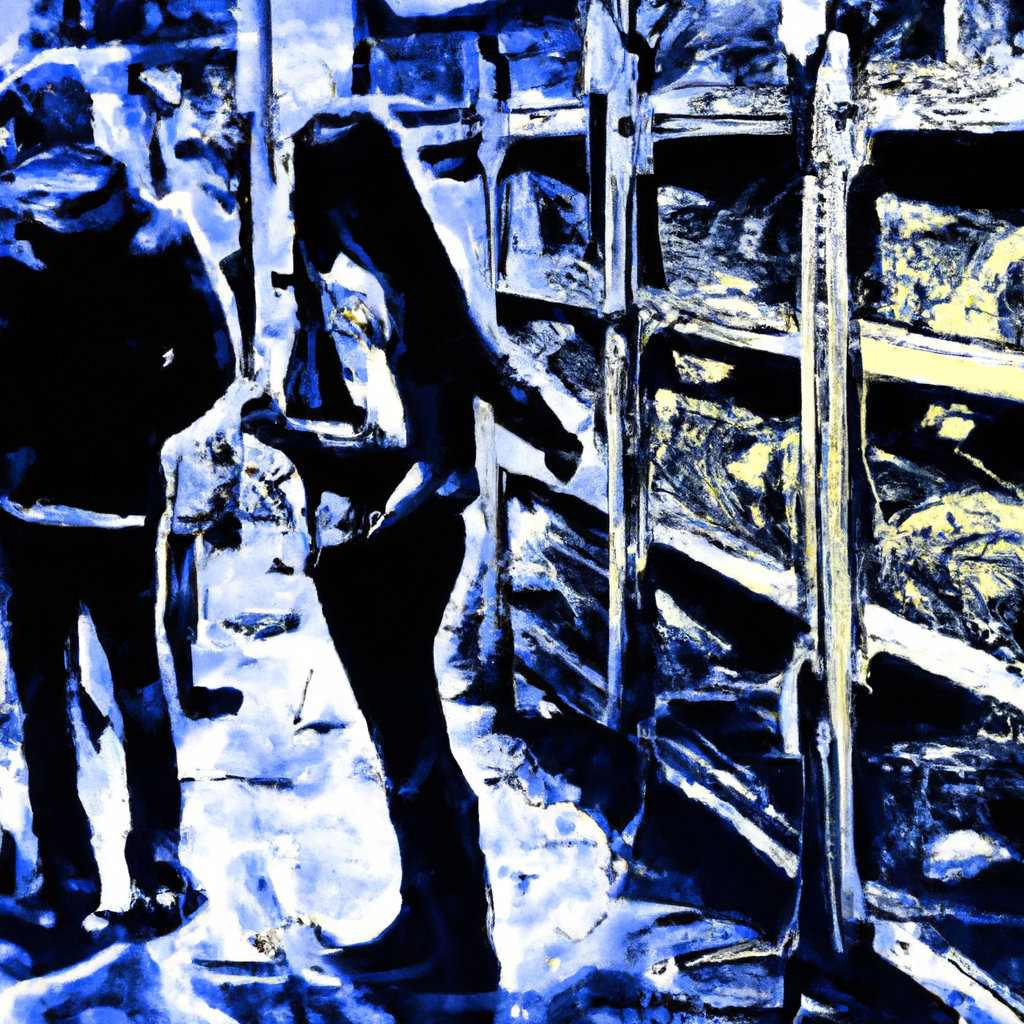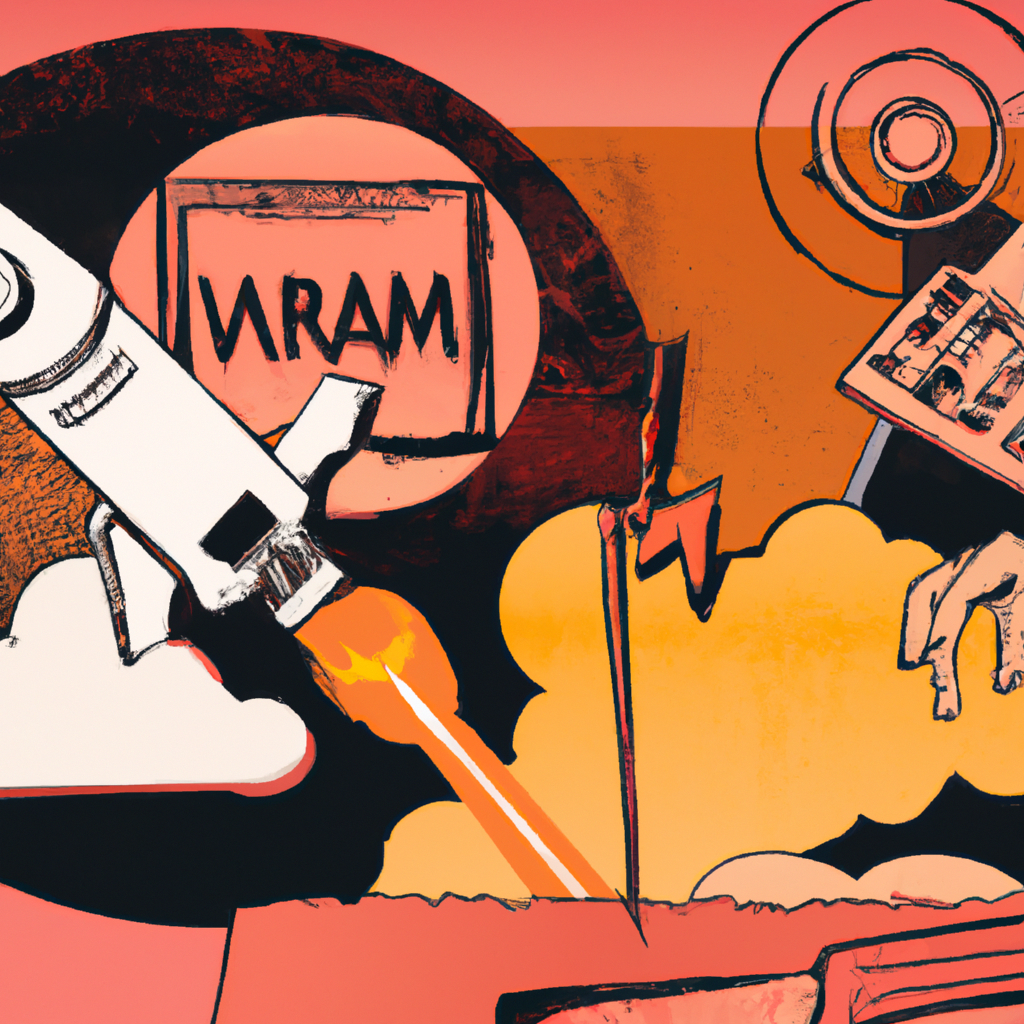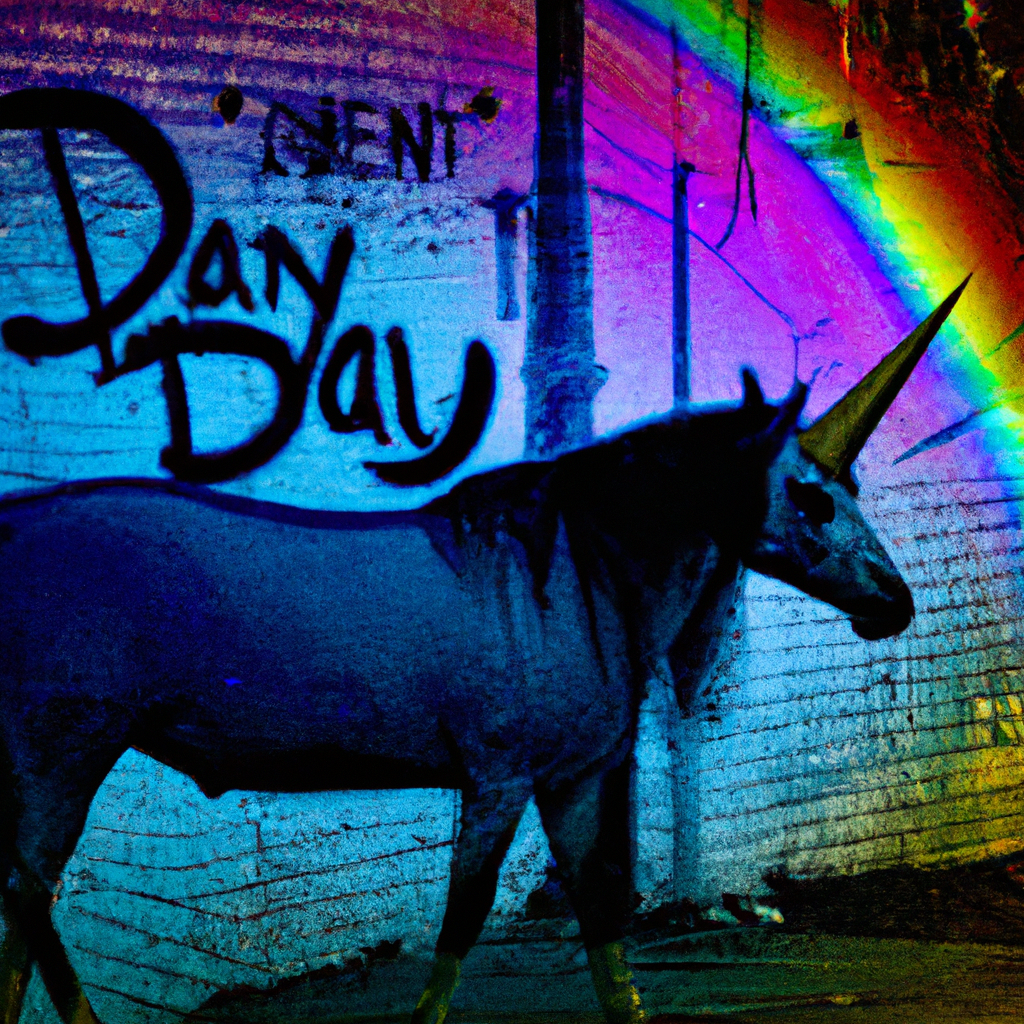The scene opens on a bustling high street, where the hum of conversation is punctuated by the click of shopping trolley wheels. In the midst of it all, a figureour cultural detectiveobserves the ebb and flow of shoppers, noting their choices. A trend emerges: the gravitational pull towards the frozen food aisle. But what lies beneath the surface of this consumer shift?
Ocado, the digital darling of the grocery sector, reports an 18 per cent year-on-year increase in frozen food sales. As almost half of all adults stock their freezers with newfound fervour, we must ask: what triggered this cold embrace?
Lets delve into the evidence. Rising inflation has squeezed household budgets tighter than a pair of Spanx at a wedding. With food prices soaring, the promise of cost-effective, long-lasting frozen goods becomes a siren call for the financially conscious. A closer look reveals younger shoppers leading this charge, suggesting a generational pivot towards practicality over perishability.
But who stands to gain from this culinary revolution? Beyond the obvious beneficiariessupermarkets and their shareholdersone must consider the logistics sector. The demand for efficient cold storage and distribution networks is on the rise, prompting investments that ripple through the economy like the aftershocks of a seismic event.
Now, lets connect the dots. This trend does not exist in isolation. It fits into a broader tapestry of economic adaptation and resilience. As the cost of living crisis bites, consumers are forced to recalibrate their habits, often at the behest of larger forces at playcorporate strategies, governmental policies, and market dynamics that favour those who control the supply chains.
Why does this matter? The implications stretch beyond mere consumer choice. Ethically, the shift raises questions about food security and the sustainability of our supply chains. Socially, it highlights the widening chasm between those who can afford to choose and those who must make do. Geopolitically, it underscores our dependence on global trade networks that are as fragile as they are essential.
As we ponder this frosty phenomenon, we are left with questions of accountability. Who ensures that the benefits of this shift trickle down to the everyday consumer? And in a world where convenience often trumps conscience, what role should policy play in safeguarding the public good?
Sources:





